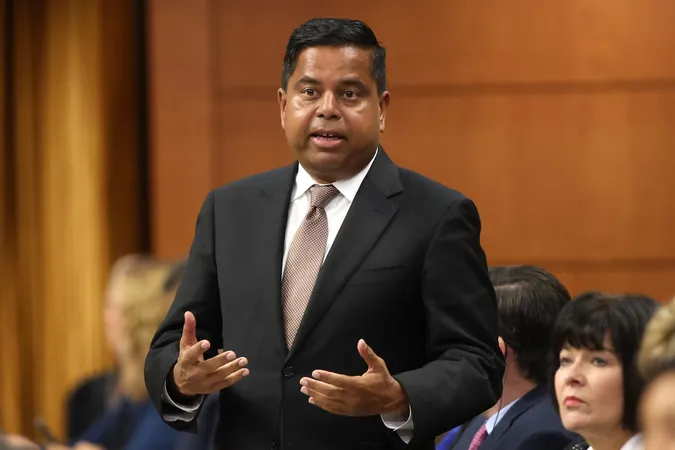
Historic Apology and $45 Million Compensation to Nunavik Inuit for Dog Slaughter
2024-11-23
Author: Charlotte
Historic Apology and $45 Million Compensation to Nunavik Inuit for Dog Slaughter
In a significant move towards reconciliation, the Canadian federal government has announced a $45 million compensation package for the Inuit community in Nunavik as part of an official apology for the killing of sled dogs carried out between the mid-1950s and late 1960s. This long-overdue acknowledgment aims to address the pain and cultural disruption caused by these actions.
Crown-Indigenous Relations Minister Gary Anandasangaree is expected to make the apology in Kangiqsujuaq, Northern Quebec, highlighting the government's role in the tragic events that left a profound impact on Inuit families. A 2010 report by retired Superior Court judge Jean-Jacques Croteau revealed that Quebec provincial police officers had killed over 1,000 dogs in Nunavik, disregarding their critical value to Inuit livelihoods. These acts of violence occurred during a period marked by the introduction of mandatory schooling and the residential school system, which severely disrupted traditional lifestyles.
Pita Aatami, president of Makivvik, the organization representing Inuit in Nunavik, expressed hope that this apology will help bring closure to those affected. “The pain that the elders went through is immense. Their means to hunt, fish, and sustain their lifestyle were stripped away,” Aatami said, reflecting on the emotional scars left by the slaughter.
The allocated funds will not only provide direct compensation but will also focus on revitalizing the culture surrounding dog teams in Nunavik. This includes provisions for training, food, and proper fencing for dogs, which Aatami emphasized as essential for restoring the Inuit's traditional practices. He noted that historically, Inuit did not tie their dogs, allowing them to remain healthy and agile for work, emphasizing the stark contrast to practices introduced by non-native settlers that negatively affected the dogs' welfare.
An unfortunate reality brought to light is the community’s struggle with mental health issues stemming from these historical traumas. Aatami pointed out that excessive alcohol use in the community often resulted from attempting to numb the pain of lost livelihoods and independence. While the compensation is welcomed, Aatami mentioned that the request for funds was substantially higher, at $75 million, to address ongoing mental health needs as well.
Croteau's report explicitly stated that Canada's role in these tragedies was compounded by a lack of timely intervention when the killings began. Authorities preferred confrontation instead of seeking dialogue, resulting in significant devastation to the Inuit way of life. Overwhelming evidence suggests that many Inuit families were unprepared for the dramatic lifestyle changes imposed by the residential school policies, which led to a hasty relocation to villages.
The consequences were profound: not only did families lose their means of transportation and livelihood, but the cultural transmission of traditional knowledge also suffered as oral traditions were supplanted by the education system that sought to erase Indigenous practices. In Kangiqsujuaq, where the apology is being delivered, residents recall how the establishment of a government school in 1960 marked the beginning of a struggle over their sled dogs as families settled into a more sedentary lifestyle, losing touch with their ancestral traditions.
Past apologies also illustrate an ongoing commitment to reconciliation. In 2011, Quebec’s then-premier Jean Charest offered an apology for the provincial involvement in the dog killings, accompanied by a $3 million settlement to protect and promote Inuit language and culture. More recently, in 2019, similar apologies were extended to the Inuit in Nunavut regarding the RCMP's involvement in dog slaughter.
This latest effort by the federal government signals a necessary acknowledgment of the injustices that occurred, while also paving the way for cultural revitalization and emotional healing in the Nunavik Inuit community. The journey toward reconciliation remains lengthy but significant steps like this are crucial to restoring dignity and fostering understanding in the wake of historical trauma.
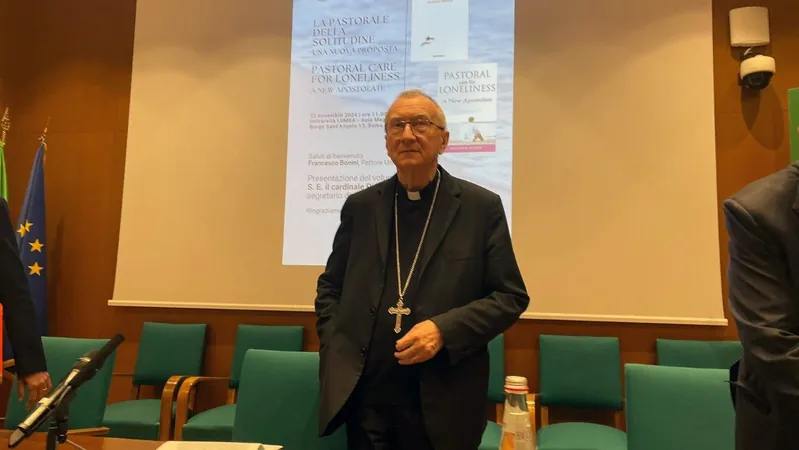

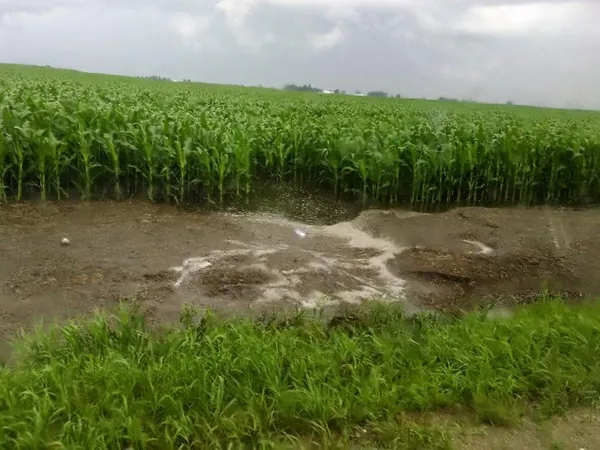




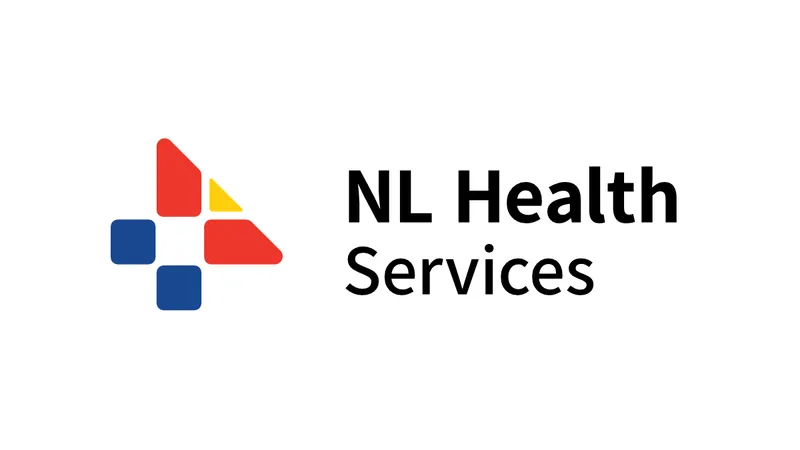
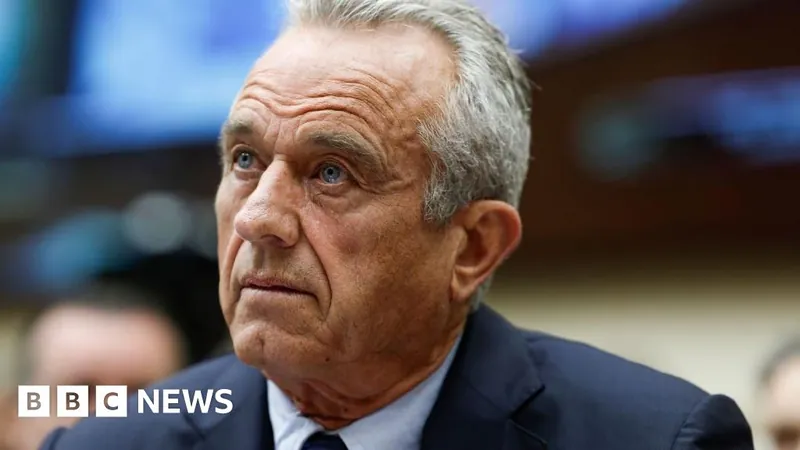
 Brasil (PT)
Brasil (PT)
 Canada (EN)
Canada (EN)
 Chile (ES)
Chile (ES)
 España (ES)
España (ES)
 France (FR)
France (FR)
 Hong Kong (EN)
Hong Kong (EN)
 Italia (IT)
Italia (IT)
 日本 (JA)
日本 (JA)
 Magyarország (HU)
Magyarország (HU)
 Norge (NO)
Norge (NO)
 Polska (PL)
Polska (PL)
 Schweiz (DE)
Schweiz (DE)
 Singapore (EN)
Singapore (EN)
 Sverige (SV)
Sverige (SV)
 Suomi (FI)
Suomi (FI)
 Türkiye (TR)
Türkiye (TR)